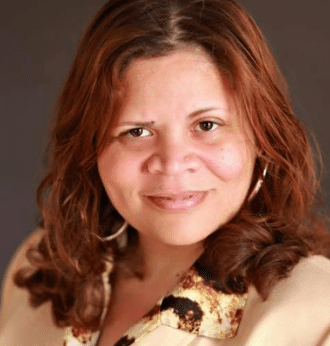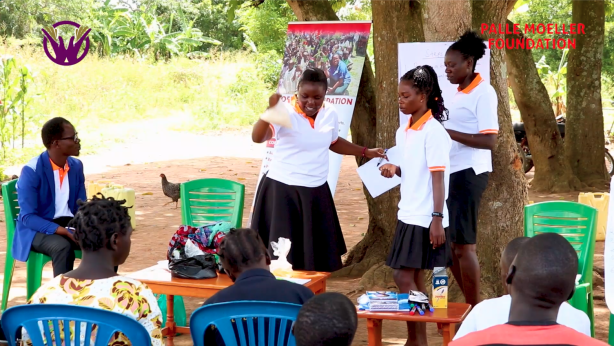Aging Population
“Show respect to the elderly, and honor older people. In this way you show respect for your God. I am the Lord.” ~ Leviticus 19 v 32
Tending to the needs of our aging population speaks to the strength of an economy. In an article written by Linda Gorman, her opening sentence states that the aging population is projected to increase in every country between 2011 and 2050 (Gorman, 2011). Aging adults from 60 years and above are a growing demographic, and many governments are not prepared to meet the needs of this population. For example, in Uganda, the current population of older persons is estimated at 1.6 million (5% of the population), and it is expected to increase to 5.5 million in 2050 (Stephen Ojiambo Wandera, 2017). Adapting programs that cater to the aging population is critical to the growth of a society and a crucial element in ensuring aging adults maintain an active lifestyle.
In Uganda, several factors contribute to the decline of the aging population. One primary factor is the breakdown of familial support. The idea is that as children grow up, they begin to care for their aging parents providing a support network. However, many adult children have died due to Africa’s HIV/AIDS epidemic, leaving grandchildren behind for their elderly parents to care for, shifting the familial system.
The majority of older adults live in the rural areas of Uganda. These areas have limited access to fresh water and medical treatments. The walk to the nearest water receptacle can be an average of 1.75 miles, which can be excessive for an older adult. The same stands for medical treatments; the aging population in Uganda suffers from common illnesses like diabetes, depression, and glaucoma. Treatment for these illnesses takes money and resources to maintain. We are honored to serve the aging population in Uganda through our programs.
Our programs help the elderly population of women that live in the rural villages of Uganda. Our team on the ground always looks for opportunities to help those susceptible to environmental and economic factors that contribute to poverty. An aging population is a vulnerable group in Uganda. The programs are structured to include widows, older adults, and single women. We repair homes and provide food to the older women in the villages. We have volunteers who work to help others and are actively involved in teaching and mentorship, like Ouni Samuel and his work with the Kingdom Kids. They work from sun-up to sun-down, building homes for grandmothers. The participation of the Kingdom Kids is new and an opportunity to teach a trade or skill that they can use to start a business for themselves. Our commitment to building safe structures for the village widows and grandmothers to dwell in permanently is our way of contributing to the needs of this demographic.
We are just one entity working from the ground up to help alleviate poverty’s impact on communities in Uganda. Our donors are a significant component in meeting the need of this demographic. Unfortunately, we cannot help everyone, but we can make a difference one individual at a time. We have implemented programs and completed projects that support this mission. The aging population in Uganda suffers from the effects of poverty and the epidemic. Through our programs and projects, we hope that we can plant seeds of faith that inspire hope in those who are hopeless.
References
Gorman, L. (2011, July). Implications of Population Aging for Economic Growth, No 7. Retrieved from National Bureau of Economic Research: https://www.nber.org/digest/jul11/implications-population-aging-economic-growth
Stephen Ojiambo Wandera, I. D. (2017). Living Alone Among Older Persons in Uganda: Prevalence of Associated Factors. Ageing International, 42(4): 429-446.





